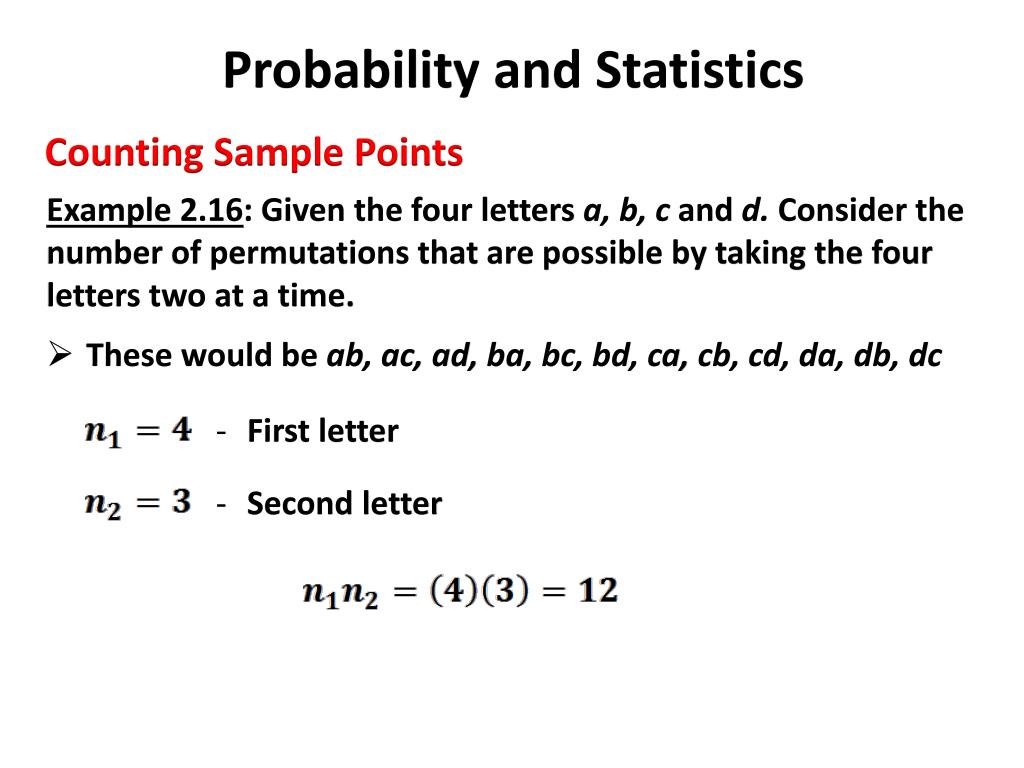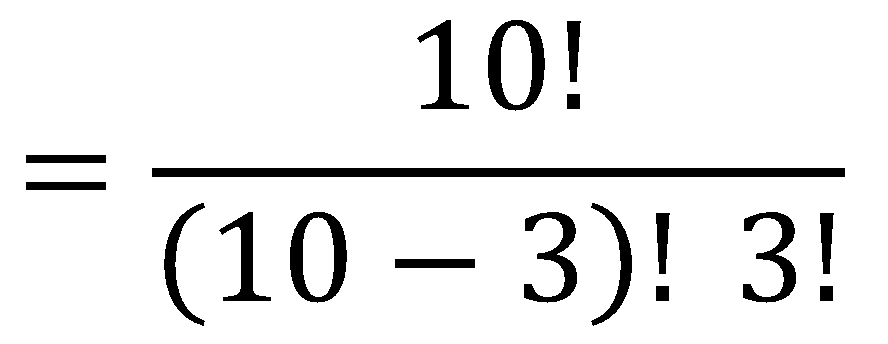

Permutation isn’t a word you use in everyday language. Picking winners for a first, second and third place raffle is a permutation, because the order matters.

#FIND THE NUMBER OF POSSIBILITIES 15 PERMUTE 3 HOW TO#
There is a chance you might still get or spread COVID-19 even if you have a vaccine, so it's important to follow advice about how to avoid catching and spreading COVID-19. Most people also need a booster dose to help improve the protection from the first 2 doses of the vaccine. You need 2 doses for stronger and longer-lasting protection. The 1st dose should give you some protection from 3 or 4 weeks after you've had it. reduce your risk of catching or spreading COVID-19.reduce your risk of getting seriously ill or dying from COVID-19.The COVID-19 vaccines are the best way to protect yourself and others. How well do the COVID-19 vaccines work?Īnyone who gets COVID-19 can become seriously ill or have long-term effects ( long COVID). This means your booster dose may be different from the vaccine you had for your first 2 doses. Most people will be offered a booster dose of the Pfizer/BioNTech vaccine or Moderna vaccine. You should have the same vaccine for both your 1st and 2nd doses, unless you had serious side effects (such as a serious allergic reaction) after your 1st dose. if you're under 18, you'll only be offered the Pfizer/BioNTech vaccine.

if you're pregnant or under 40 you'll usually be offered appointments for the Pfizer/BioNTech or Moderna vaccines.Most people can have any of the COVID-19 vaccines, but some people are only offered certain vaccines.

If you book online, you'll only be offered appointments for vaccines that are suitable for you. You cannot usually choose which vaccine you have. Valneva vaccine (not currently available).Janssen vaccine (not currently available).Oxford/AstraZeneca vaccine (not currently available).The COVID-19 vaccines currently approved for use in the UK are: Find out how to get a COVID-19 vaccine Types of COVID-19 vaccine


 0 kommentar(er)
0 kommentar(er)
